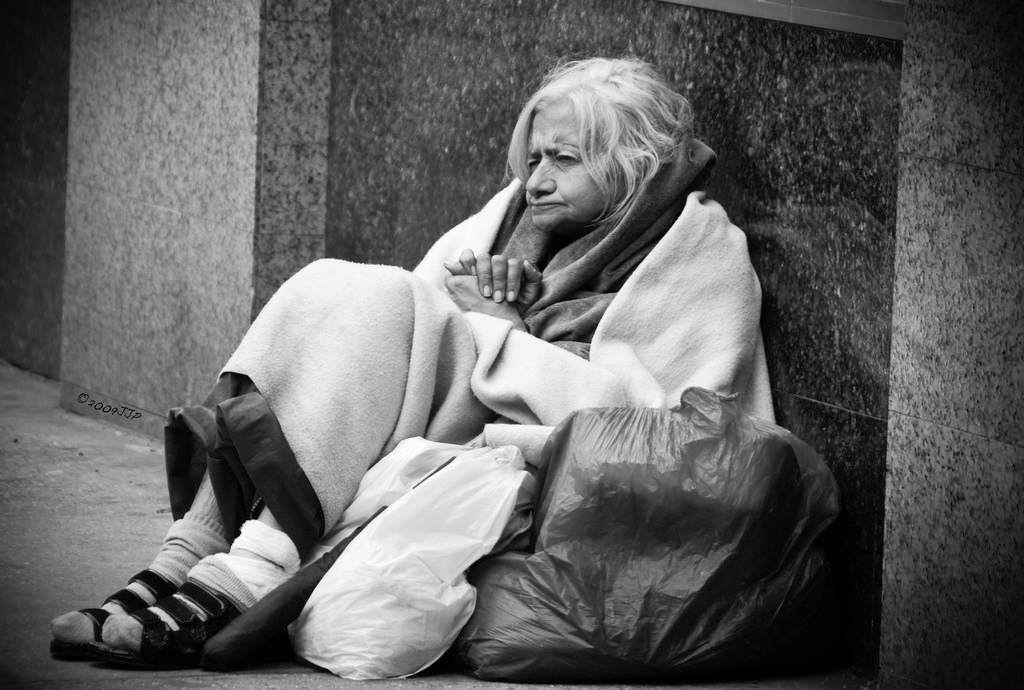Parashat D’varim/Hazon
Deuteronomy 1:1 – 3:22
The Shabbat during which the Torah portion “D’varim” is read is called Shabbat Hazon – The Sabbath of the Vision, referring to the first word of the prophetic reading (haftarah) from the beginning of the book of Isaiah, that accompanies the Torah reading. It is always the Shabbat before the Ninth of Av (Tisha B’Av), the day of mourning for the destruction of both our First and Second Temples, in 586 BCE and in 70 CE, respectively.
On Tisha B’Av we chant the Book of Lamentations, the keening words of another prophet, Jeremiah, who bewailed the destruction of the First Temple and the terrible loss of life and the exile that resulted. The name of the book in Hebrew is Eikhah – O How? – the first word of the book, and the first word of three of its five chapters. The prophet laments and asks in despair, “How could this have happened? How can this be?” Jeremiah opens his dirge by asking: “Eikhah – how could a city, so populous, now sit alone, like a bereaved widow?” (Lam. 1:1)
The word carries feelings of astonishment and spiritual disappointment. It conjures the pain one feels when comparing what one had hoped for with the shattered reality one must confront. Our tradition noted that it is precisely in our Torah reading, the first reading of the last book of the Five Books of Moses, that the word “eikhah” first appears. And it appears again in Isaiah’s fiery declaration that opens his book and serves as our haftarah.
Moses, speaking to the people of Israel, says: “Eikhah – O how can I carry, all by myself, your burdensome nature, dealings and fights?” (Deut. 1:12)
Isaiah, speaking to the people of Israel, laments: “Eikhah – O how could a city, so faithful, so filled with fair judgment, in which righteousness dwelled, become like a harlot, and is now the home of murderers?” (Isa. 1:21)
Jeremiah contrasted the vision of a once thriving city with the reality of a destroyed and desolate one. It is painful to experience such devastation. And it is also painful to contemplate such a reversal of fortune. The opening verse of Lamentations leaves it as an open question how it could happen. The world is a hard place and we are all exposed to dangerous forces that may attack us from the outside, forces over which we have no control. When it happens we are bewildered and bereft, and outraged.
But Moses and Isaiah probe more deeply, into the inner reality of our very selves. They call out for us to face the forces within us, forces that we are commanded to control. They start from a set of expectations – implicit in Moses’ cry, but clearly stated by Isaiah – about what kind of people, and what kind of a people, we are supposed to be. We are supposed to be just and righteous. We are supposed to be generous, cooperative and helpful to the powerless. We are supposed to build a good society. And the assumption is that we are absolutely capable of doing so! The exclamation, “Eikhah” is a cry of shock and astonishment that we could possibly have failed in this mission!
Both Moses and Isaiah – and Jeremiah, too, as he continues his lamentations – seek to teach us that the dangers and destructions wrought upon us by outside forces are to be recalled and mourned. Those tragedies are very real. And we are commanded to vow that “Never again!” should such evil be allowed. But those are not the only tragedies we must recall and pledge to prevent. We must not be deflected from paying attention to our own, inner forces, over which we have much more control. And we must never use the outside forces as a diversion from our responsibility to address our own moral and spiritual failings. Nor may we lose the capacity of astonishment and disappointment when we discern our moral failings. Our hope to strengthen ourselves as individuals and as a society rests in our continuing to be capable of crying out “Eikhah?” and meaning it.
Shabbat Shalom,
Rabbi David Greenstein
![]()
Subscribe to Rabbi Greenstein’s weekly d’var Torah
image: “But for luck” © JJ altered and used with permission via Creative Commons License
- Toby Stein: In Memoriam - Thu, Feb 8, 2024
- Faithfulness and Hope: Parashat Sh’lach - Thu, Jun 23, 2022
- Past Their Prime: Parashat B’ha`a lot’kha - Thu, Jun 16, 2022

